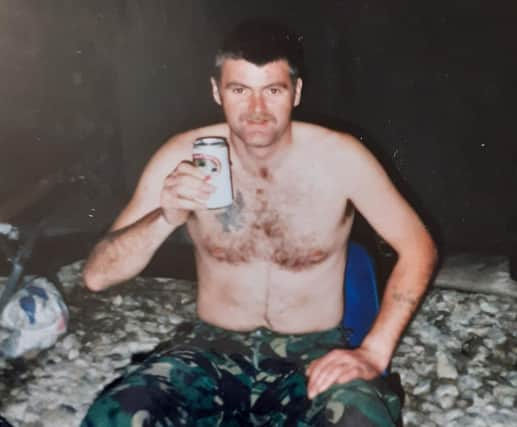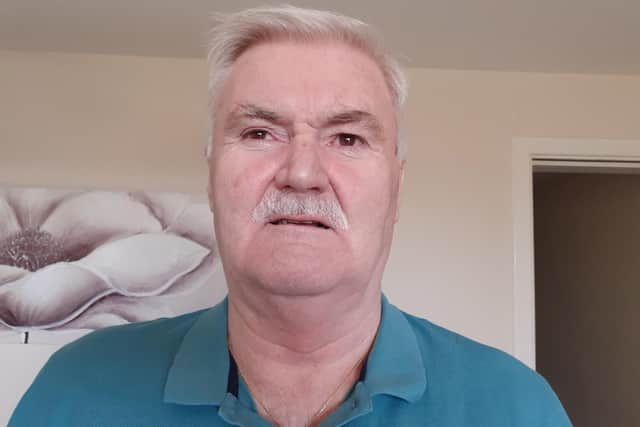Gulf War veterans urge others to seek help, 30 years after conflict ended
This article contains affiliate links. We may earn a small commission on items purchased through this article, but that does not affect our editorial judgement.


Staff with military charity Help for Heroes said they have seen a rise in workload since the coronavirus pandemic due to ex-servicemen and women being “cooped up” at home and reflecting on their time in the armed forces.
The Gulf War ended on February 28 1991, following the conclusion of Operation Desert Storm, when allied forces pushed Saddam Hussein’s Iraqi troops into a retreat from neighbouring Kuwait which they had invaded the previous August.
Advertisement
Hide AdAdvertisement
Hide AdSome 47 British personnel were among the fatalities, although the effects of the seven-month war were felt by many of those who served.


Veterans told how they battled with depression, divorce, harrowing flashbacks and suicide attempts following the Gulf War, but said they refused to seek help because it was not the “manly thing to do” at the time.